What is Creatine?
Creatine is one of the most well-researched and effective supplements for increasing strength, muscle mass, and performance. It is a naturally occurring compound found in small amounts in foods like red meat and fish. However, supplementation ensures your muscles have a readily available energy source to power through high-intensity workouts.
The Gold Standard: Creatine Monohydrate
What is Creatine Monohydrate?
Creatine Monohydrate is the most widely used and studied form of creatine. It has been proven to increase muscle mass, improve exercise performance, and support cognitive function.
Benefits of Creatine Monohydrate:
Proven Effectiveness – Backed by hundreds of scientific studies.
Cost-Effective – Most affordable form of creatine.
Highly Bioavailable – Easily absorbed by the body.
Muscle Hydration – Helps pull water into muscle cells for a fuller look.
ATP Production – Enhances energy output during intense training.
Creatine HCL: A Newer Alternative
What is Creatine HCL?
Creatine Hydrochloride (Creatine HCL) is a more recent form of creatine that binds the molecule to hydrochloric acid. This formulation claims to offer better solubility and absorption compared to monohydrate.
Benefits of Creatine HCL:
- Increased Solubility – Dissolves more easily in water.
- Reduced Bloating – Some users report less water retention compared to monohydrate.
- Smaller Doses Required – Due to enhanced absorption, lower doses may be effective.
Creatine Monohydrate vs. Creatine HCL: Which One Should You Choose?
Effectiveness
Both forms support strength and performance, but Creatine Monohydrate has decades of research backing its effectiveness, while HCL has limited studies in comparison.
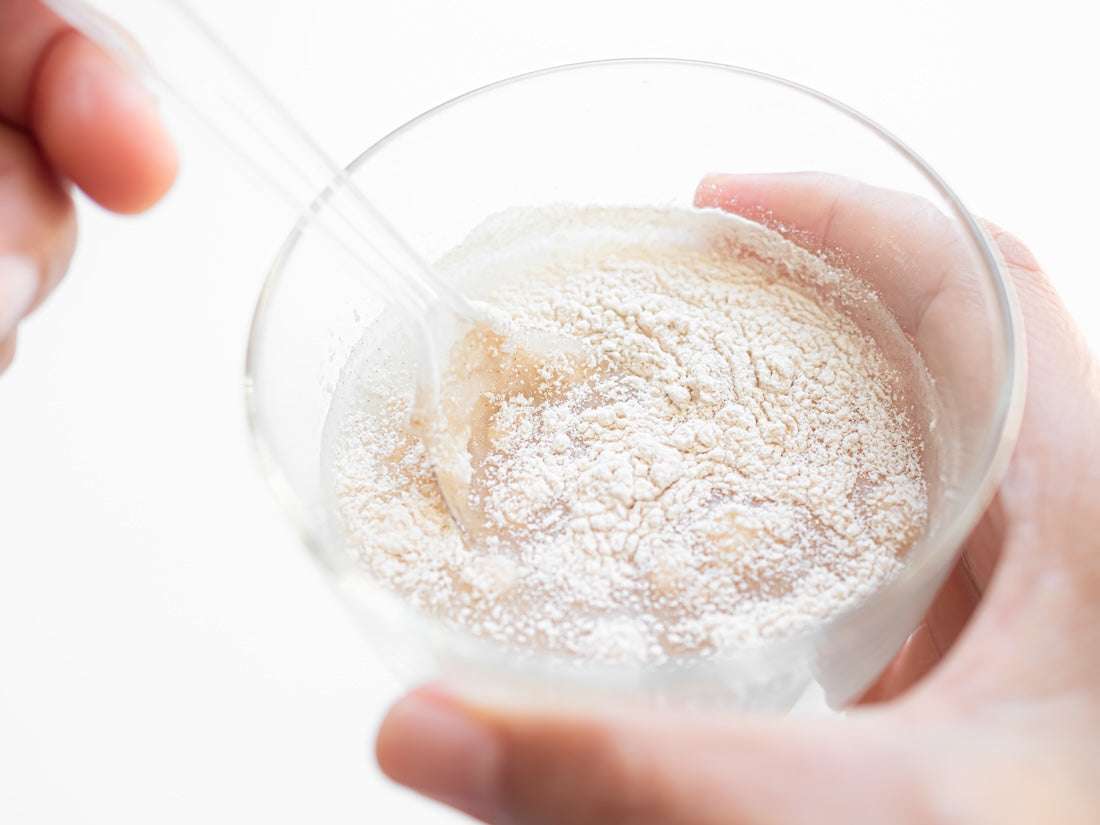
Absorption & Solubility
Creatine HCL is more soluble in water, which may make it easier to digest for those who experience bloating with monohydrate. However, monohydrate’s absorption can be improved by simply taking it with food or warm water.
Creatine Monohydrate is the most widely used and studied form of creatine. It has been proven to increase muscle mass, improve exercise performance, and support cognitive function.
Cost Comparison
Creatine Monohydrate is significantly cheaper and available in larger quantities, making it the better option for budget-conscious consumers.
Dosage
Creatine Monohydrate: Standard dose is 3-5g per day.
Creatine HCL: Due to better solubility, a smaller dose of 1-2g per day is typically recommended.
Which One is Right for You?
If you want the most researched and cost-effective option → Go with Creatine Monohydrate.
If you have digestive issues with monohydrate → Try Creatine HCL.
If budget is a concern → Creatine Monohydrate is the better value.
Final Verdict
Creatine Monohydrate remains the gold standard due to its overwhelming scientific support, affordability, and effectiveness. While Creatine HCL may offer benefits for those with digestive sensitivities, it lacks the extensive research backing monohydrate.
Where to Buy High-Quality Creatine
When choosing a creatine supplement, opt for 100% pure, lab-tested Creatine Monohydrate from a trusted brand. Look for third-party testing certifications to ensure quality and purity.
Related Articles:
Best Time to Take Creatine for Maximum Absorption
- 5 Tips for faster recovery
- Unlocking the Power of Glutamine for Performance Athletes and Bodybuilders
- Boost Your Athletic Performance with These Effective Workout Tips
FAQ
1. Does Creatine Cause Water Retention? Yes, but primarily inside muscle cells, which enhances muscle fullness and strength.
2. Can I Mix Creatine with Protein? Yes! Creatine and protein work synergistically to support muscle growth.
3. Should I Cycle Creatine? No, cycling is unnecessary as long as you take the recommended daily dose.
4. Is Creatine Safe? Yes, extensive research confirms creatine is safe for long-term use.
By incorporating Creatine Monohydrate into your routine, you’ll experience enhanced performance, faster recovery, and improved strength—all without breaking the bank!
-Jon Klipstein
"Before launching our Creatine products, I had the same questions as we went back and forth on what would be the best source of Creatine to offer our customer base. After lengthy R&D, plus internal research we made a decision based on what we felt would be best for our users. This blog is the high level overview of our findings."
Featured product
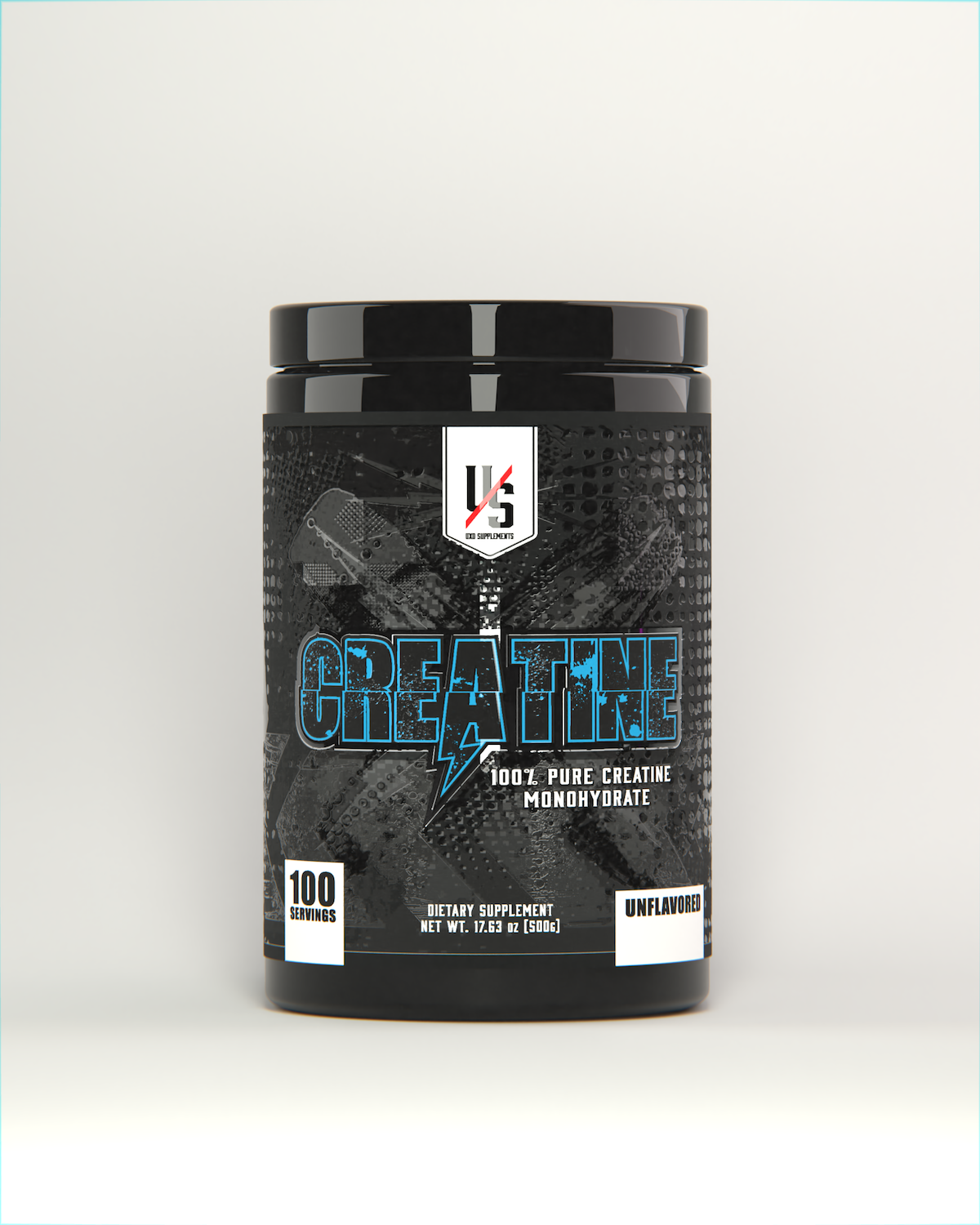
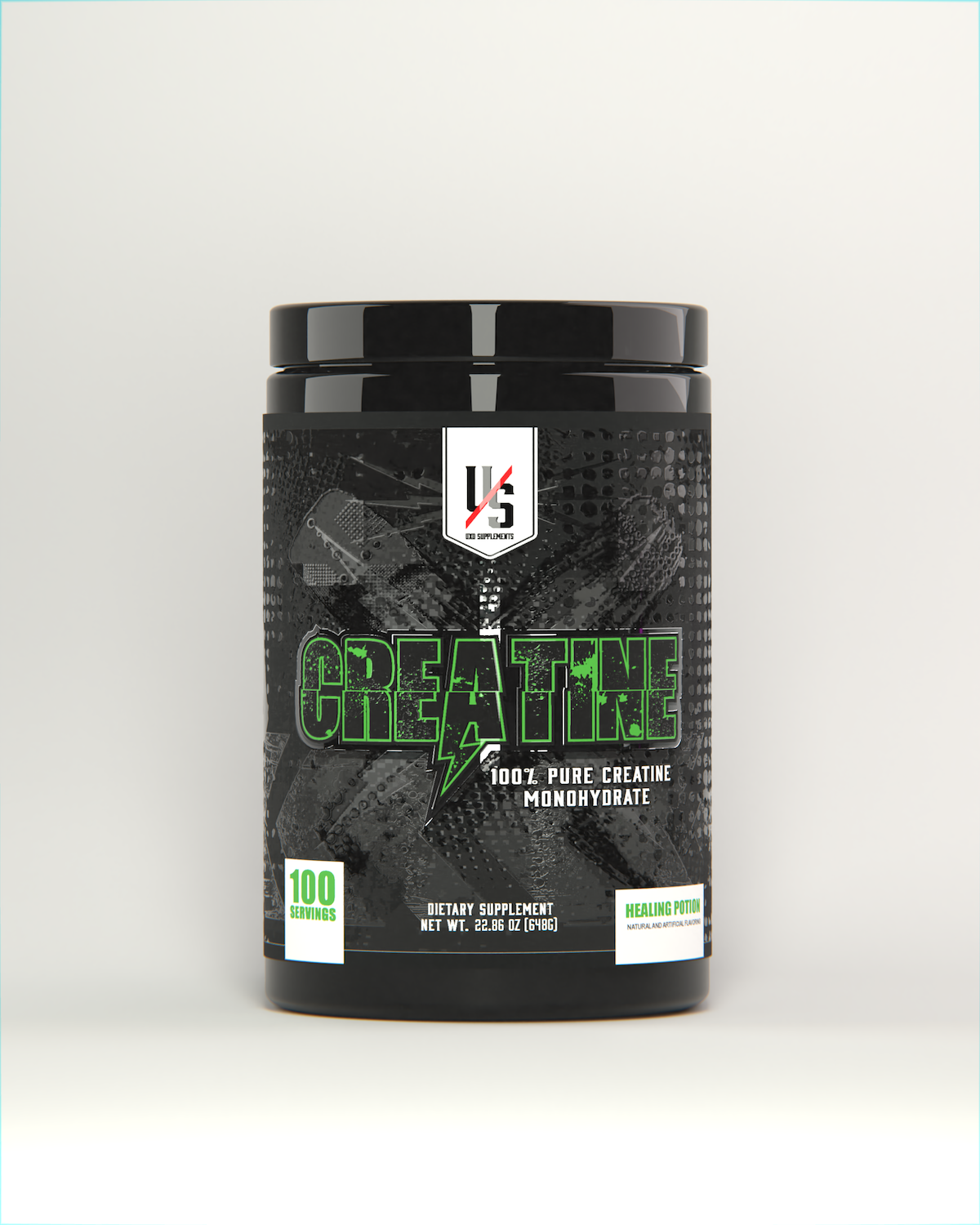
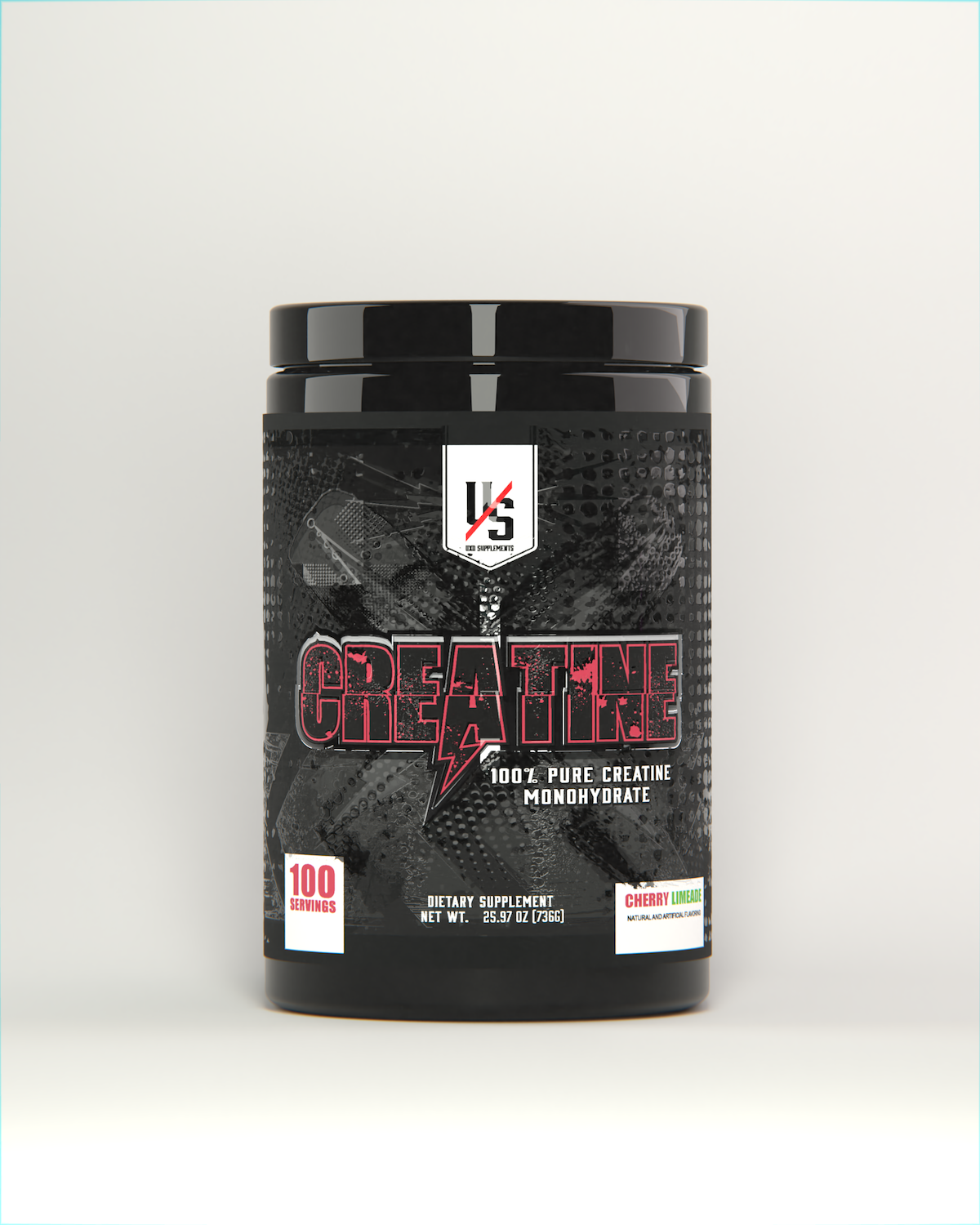
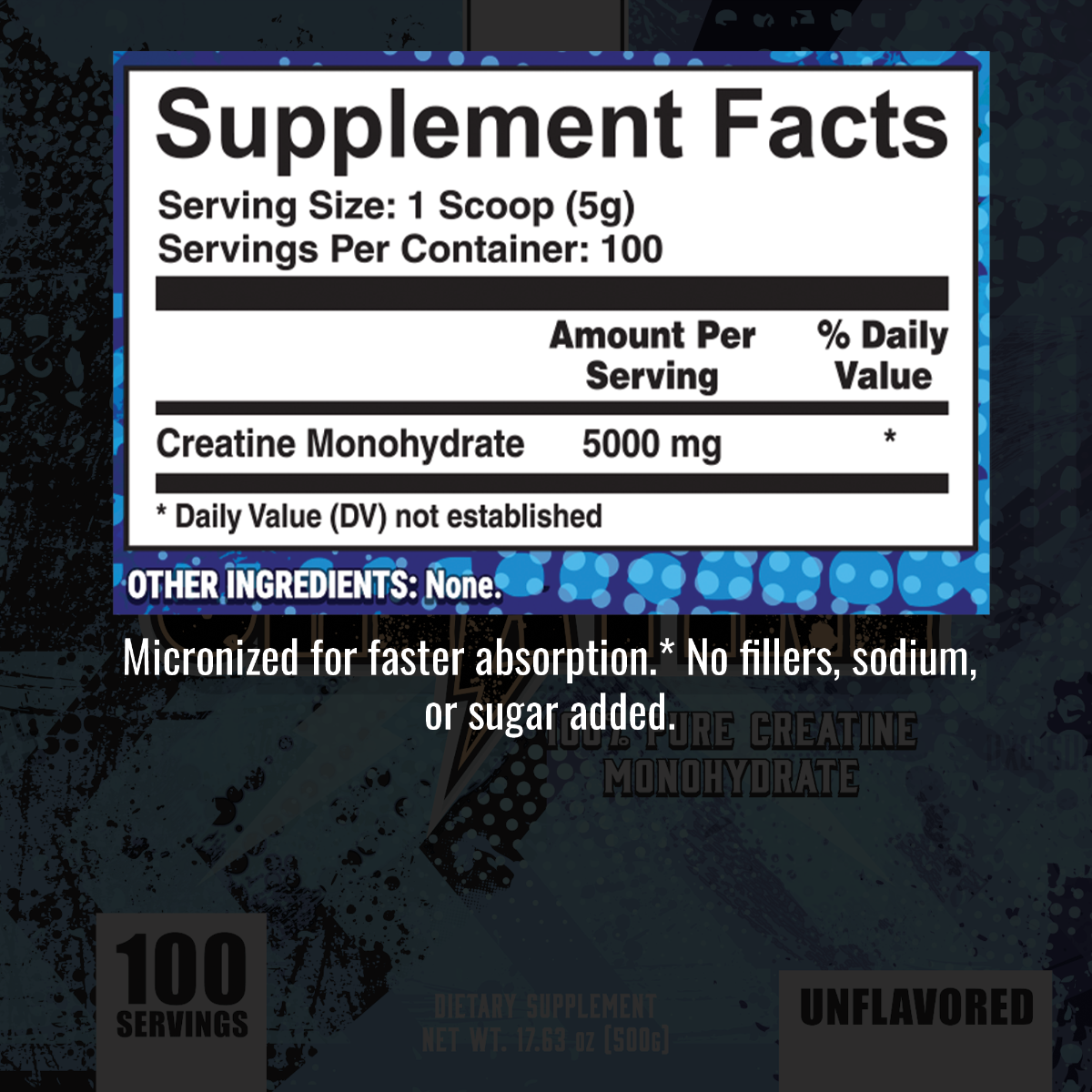
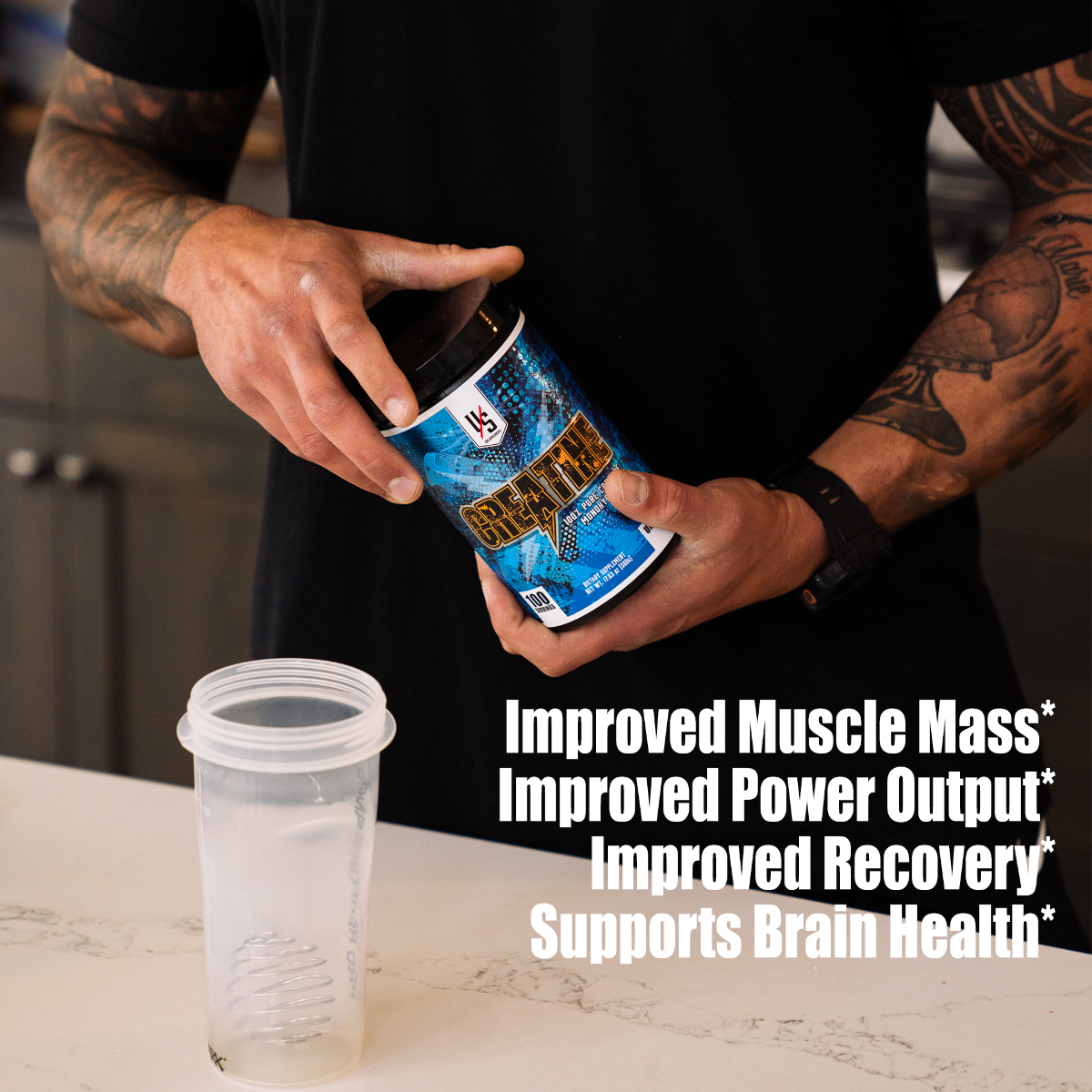
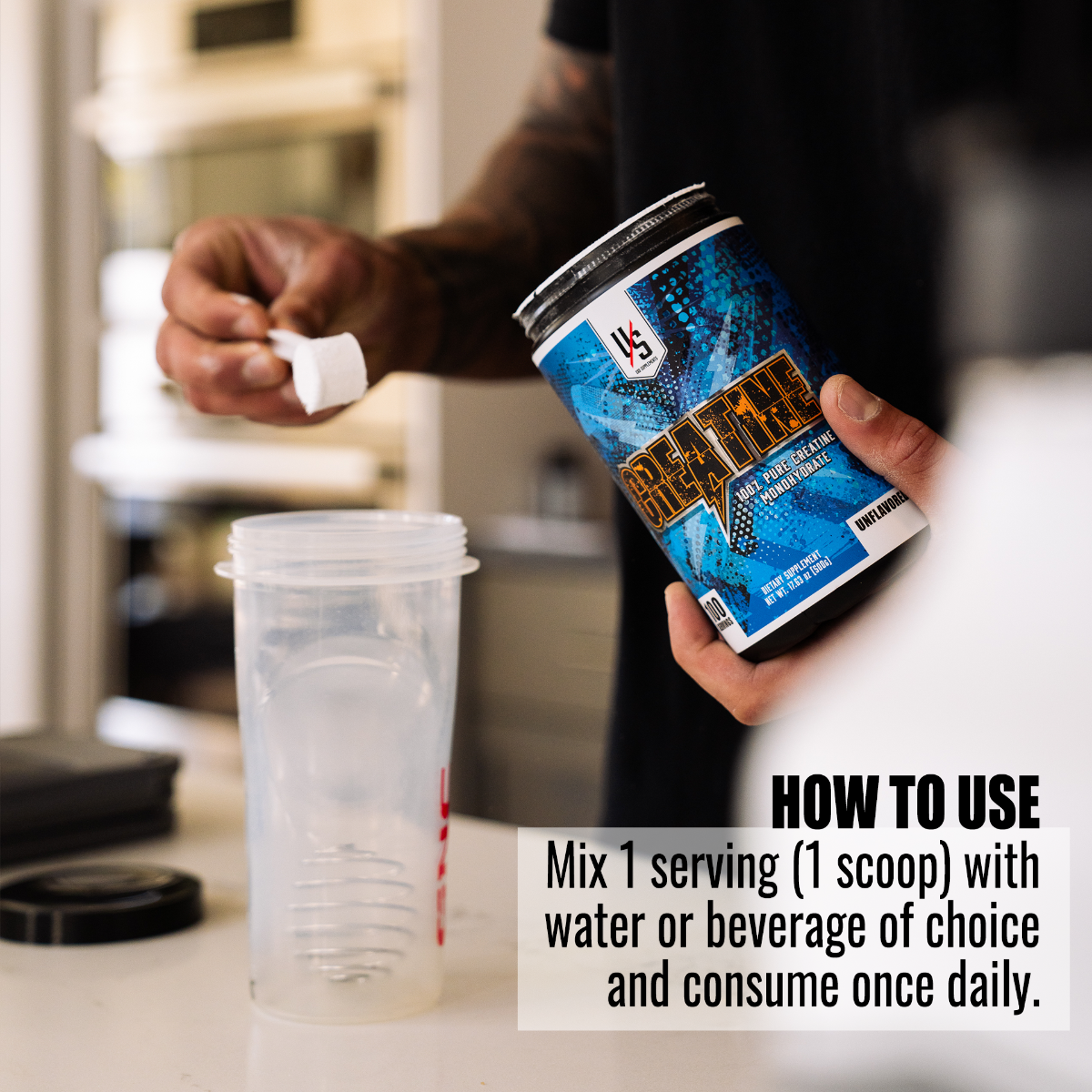
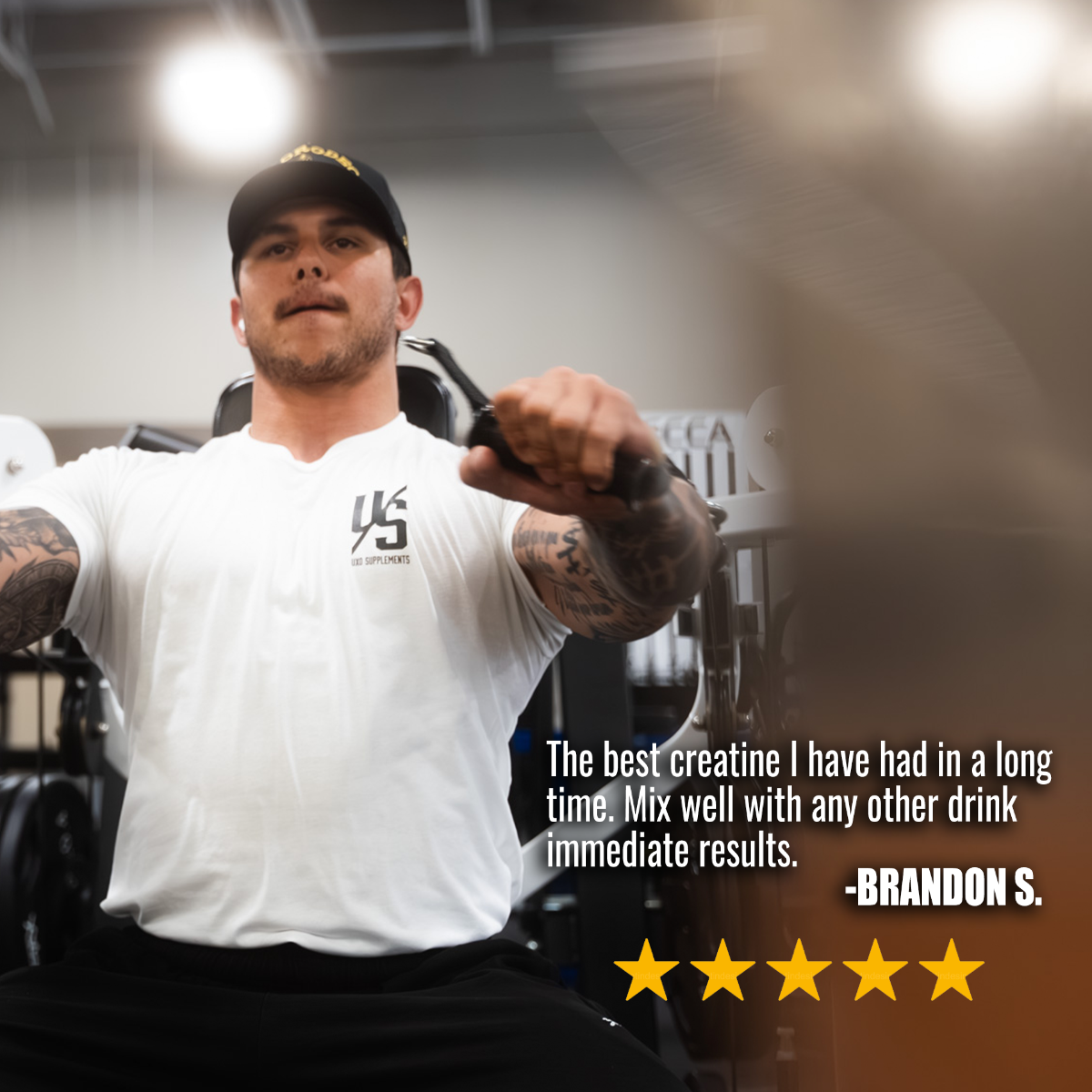
Pickup available at 11880 W. President Dr. Suite D
Usually ready in 24 hours

Micronized Creatine Monohydrate
100 serving / Healing Potion
11880 W. President Dr. Suite D
11880 W President Dr
Suite D
Boise ID 83713
United States
PRODUCT DETAILS
100 servings per container |
|
Increased muscle and strength |
|
improved recovery |
|
could support brain health |
How do you choose the right Creatine Monohydrate?
1: While Creatine Monohydrate is the most popular version, there are differences in Creatine Monohydrate. If you are worried about stomach sensitivity, we recommend taking a Micronized Creatine Monohydrate. Micronized meaning it has been broken down into smaller particles to improve solubility.
2: Is 3rd Party testing important to you? Are you a drug tested athlete, or concerned about cross contaminents making their way into your products? The only way to ensure you are getting exactly what is on the label, without any traces of potential banned ingredients is to choose a product that is 3rd party tested.
3: How do you want to take your creatine? Stack it with your preworkout or EAAs? Then a non-flavored one would be a great opton. If you want to take Creatine by itself, we recommend a flavored version.
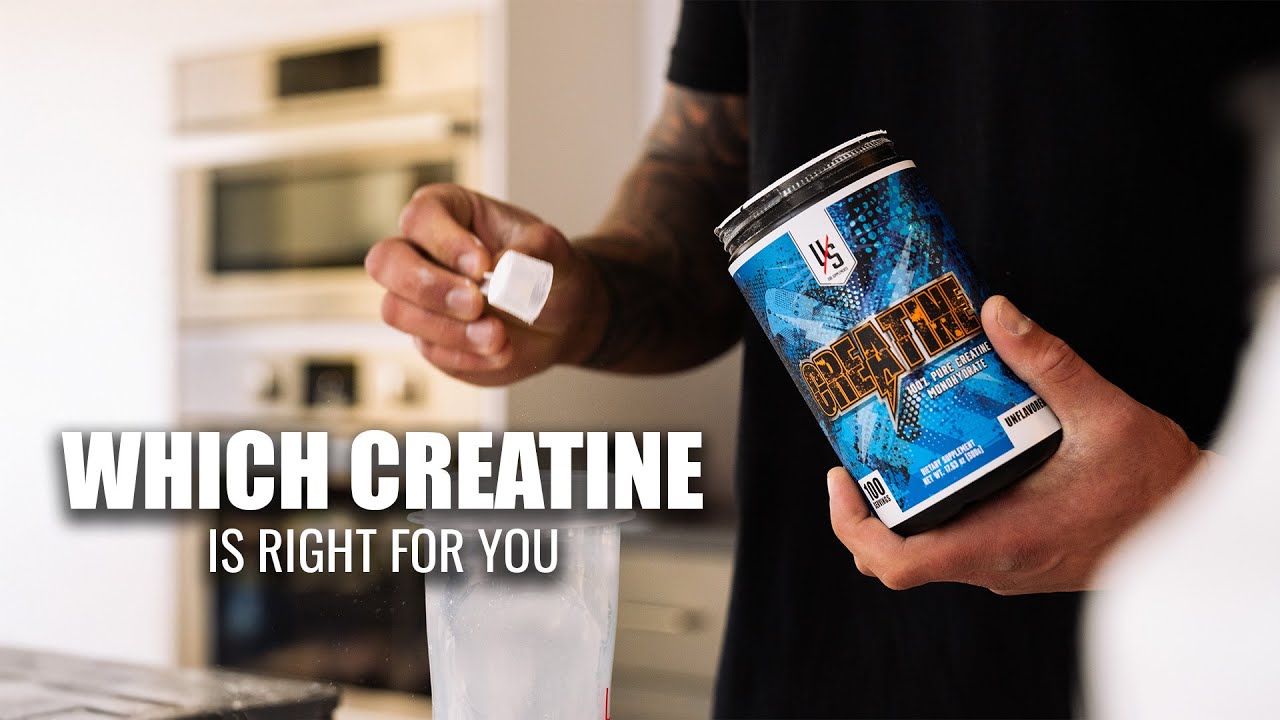
Video
Did you know you can now get Flavored Creatine through UXO Supplements?
With the increased popularity and ever evolving studies on the benefits of Creatine, we decided to give you options. With the unflavored version, you need to be able to mix it with something to mask the bitterness of the raw ingredient. Now you can take Creatine by itself with one of our flavored versions. More will be coming as we continue to grow.
Creatine Monohydrate Pros and Cons
CONS |
|
Not as soluble as HCL |
|
Causes GI Distress with a small % of population |
|
Some have called it the “master” of all hormones. Others curse it for its ability to wreak havoc on our body’s fragile endocrine balance. In spite of the mixed opinions one thing is certain: cortisol is a powerful hormone necessary for life. But if its level is not optimal in your body, your health could suffer.
What is Cortisol?
The hormone cortisol is produced in the adrenal glands and is primarily responsible for regulating blood sugar, helping to metabolize fats, protein and carbohydrates and assisting in managing our stress response. We all have times of stress in our lives, and cortisol helps us to function during these times.
When the stress goes up, cortisol kicks in and delivers help. We get a quick burst of energy, our memory sharpens, our immunity increases, and our sensitivity to pain decreases. These are all important and natural functions of cortisol and ensure that we are able to weather the curve balls that life throws at us.
However, if the stress doesn’t let up, neither does the cortisol. Unfortunately, what is healthy in small bursts becomes dangerous over the long term. If you have persistent stress in your life, then you have cortisol levels that are out of balance: your body makes so much cortisol that it detrimentally affects your health. This leads to adrenal fatigue.
When you have prolonged, high levels of cortisol in your bloodstream
- you will crave foods that are high in carbs (like cake and cookies),
- you will gain weight in your abdominal area (which increases your risk of heart disease and diabetes), and
- you will have trouble sleeping
Cortisol and the Circadian Rhythm
Our bodies produce different chemicals during the day and night that control our sleep, energy and mood. The natural rhythm of this cycle is known as the Circadian Rhythm, and cortisol is a key player.
Under normal circumstances, your body produces cortisol in amounts largely determined by the clock. Levels tend to be higher in morning—triggered by the emerging daylight--giving you a boost of energy to jumpstart your day.
As the day wears on, cortisol levels should drop, helping to prepare you for a good night’s sleep. Likewise, Melatonin (another hormone that affects your energy and sleep habits) levels should be lower in the morning but as the daylight fades, they should increase, helping you to begin relaxing and preparing for sleep.
However, if you are under constant stress or if your adrenal glands are not functioning properly, your cortisol level may not drop off during the day. Instead, it may actually rise and stay at a dangerously high level. By the time bedtime rolls around, you will not feel sleepy. You will feel “tired but wired,” and be unable to relax and fall asleep.
Reset Your Circadian Clock
If you suspect that your natural, circadian rhythm is disrupted, don’t despair. There are several things you can do to reset your clock so you can start sleeping better at night and waking up more refreshed in the morning.
Try the following tips:
- Reduce stress. Easier said than done, I know. But many times our stress levels are correlated to our response to stressful situations. Learning how to cope with stress more effectively may be all it takes to balance your cortisol.
- Be consistent. Going to bed and getting at the same time each day will help to regulate your circadian rhythm. Practice this habit to slowly coax your body into a schedule.
- Use light wisely. Since your circadian rhythm is partially controlled by light, darken your room well when you go to bed, and flood it with light when it is time to get up. Try using a full spectrum light in the mornings.
- Avoid naps. If your circadian clock is off, you may find that you get very sleepy in the afternoon. However, taking a nap may make it more difficult to fall asleep at night. Try to resist naps.
- Eat most of your calories early. If you can eat the bulk of your daily calories earlier in the day as opposed to later in the day, you may find that you can recalibrate your circadian rhythms more easily.
If you are a male over the age of 25 . . .
You feel like your cortisol levels are out of control . . .
You feel overwhelmed with stress or anxiety . . .
You are seeing fluctuations in weight . . .
You are probably in need of a testosterone / hormone balancing product. You should look into our Alpha+ formula designed to support normal healthy testosterone levels while balancing hormones to optimize your internal health.

Read more

We love finding intriguing studies considering hypertrophy and muscle growth. Several recent studies have surfaced examining the benefits of training arms immediately following legs versus just tra...

B Stance Hip thrusts: Molly takes you through the instructions on how to properly perform this glute focuses exercise.






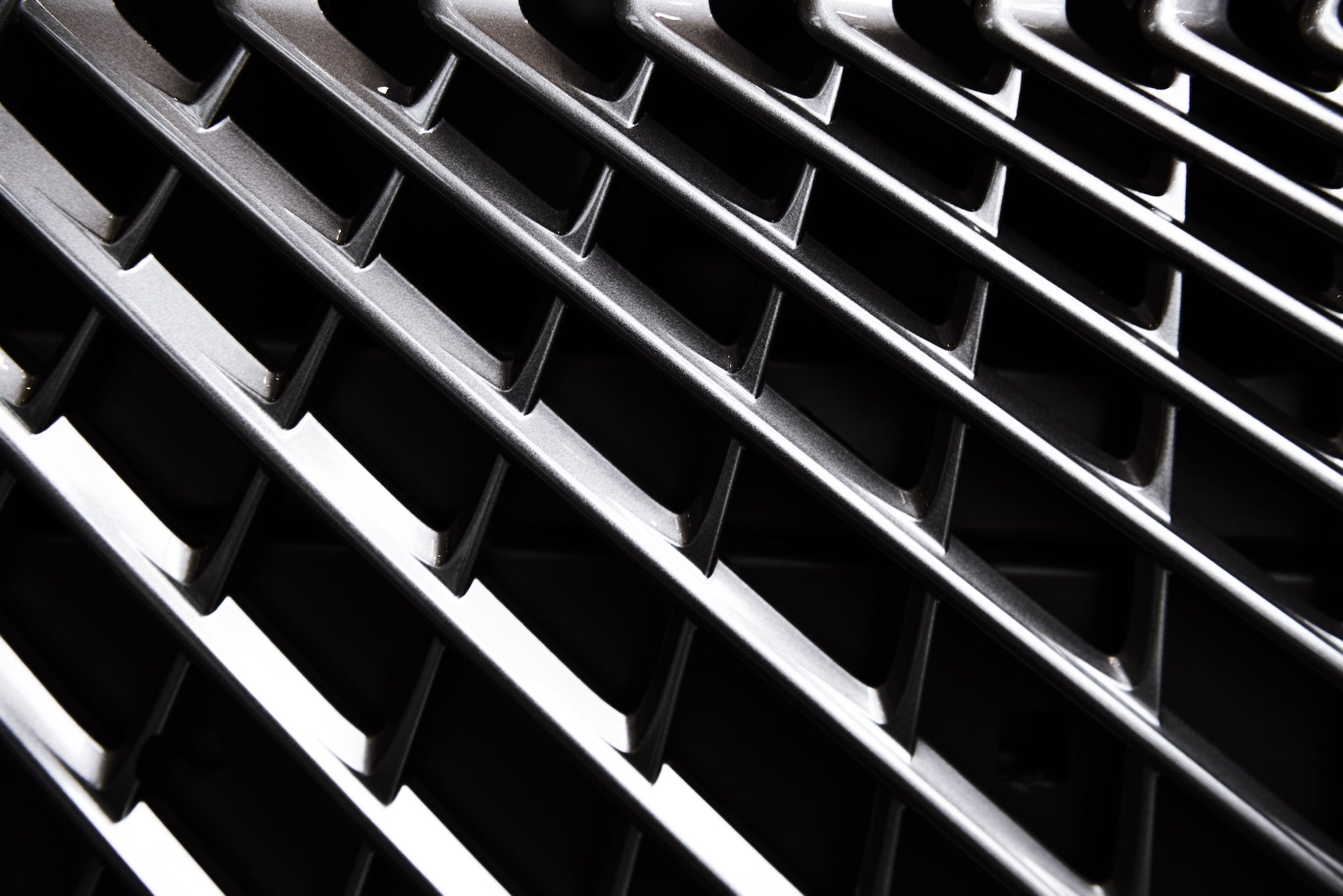


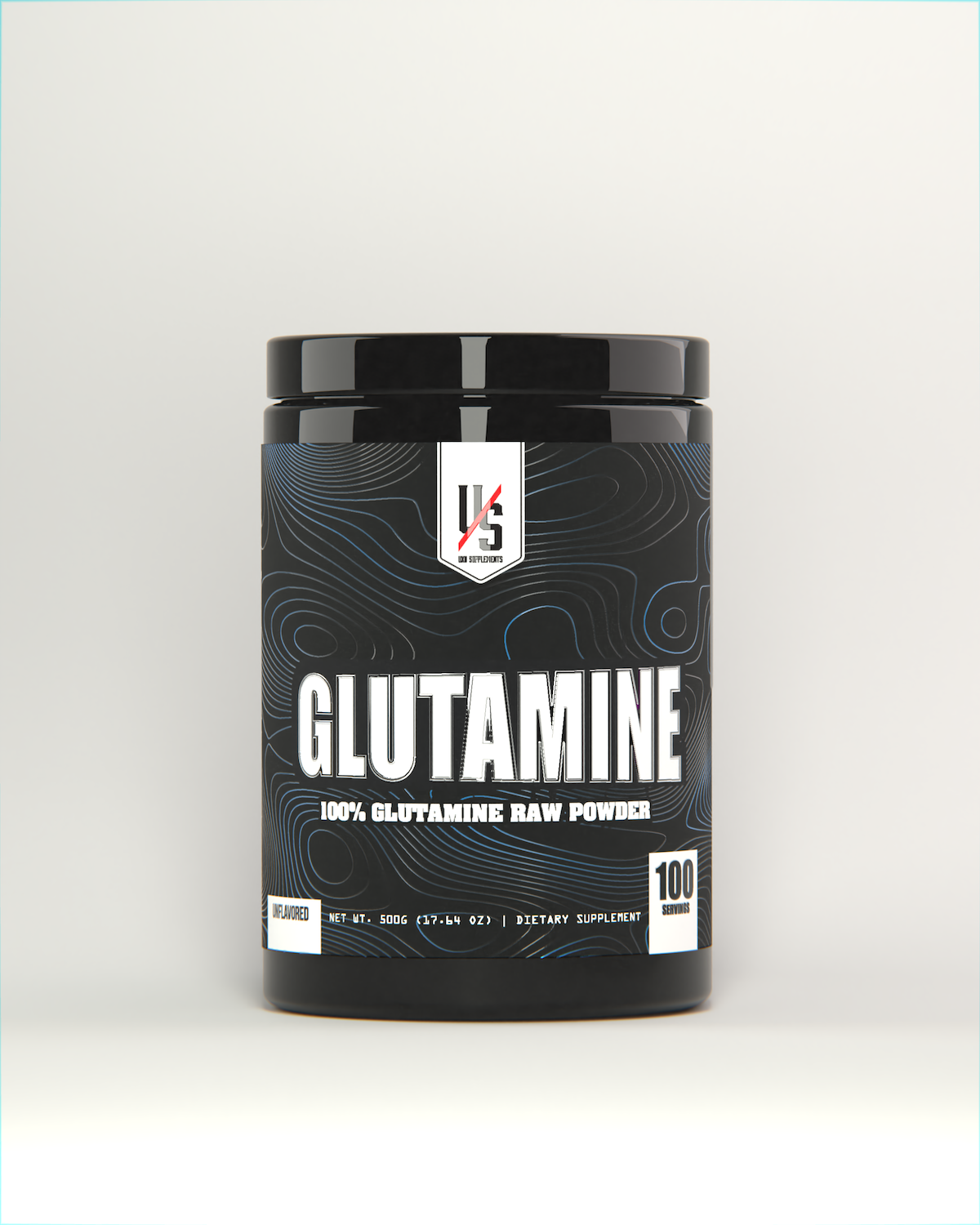
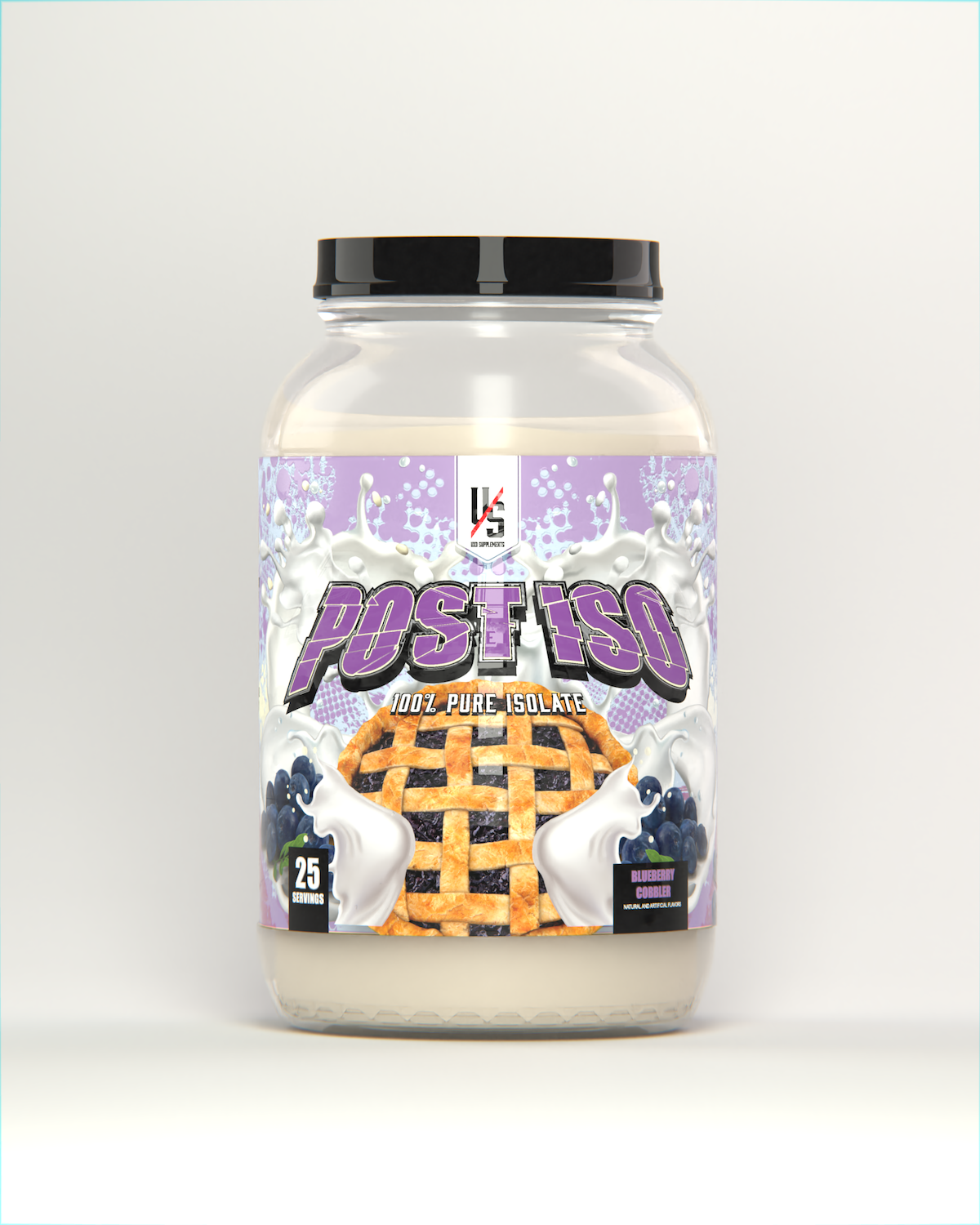
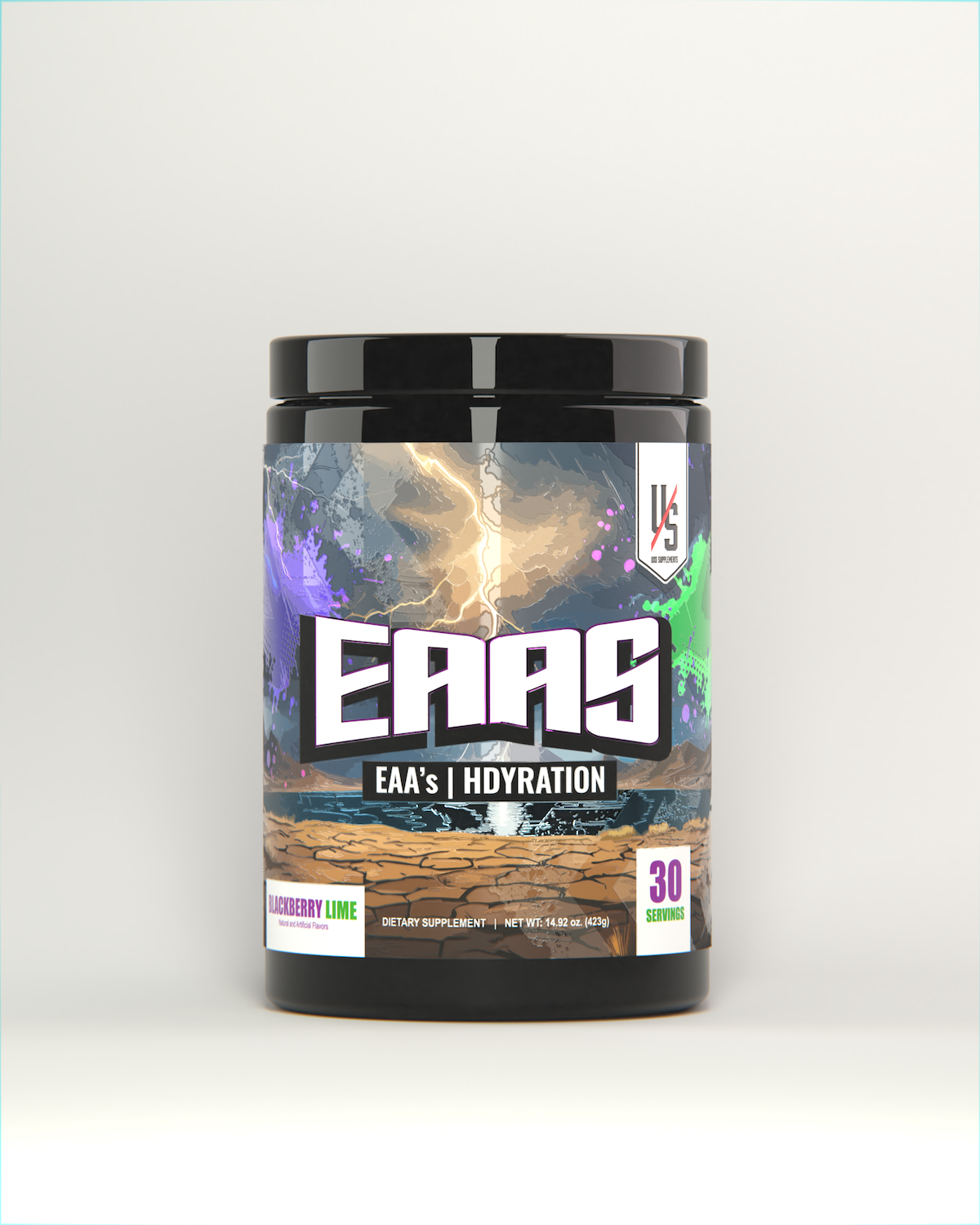
Leave a comment
All comments are moderated before being published.
This site is protected by hCaptcha and the hCaptcha Privacy Policy and Terms of Service apply.